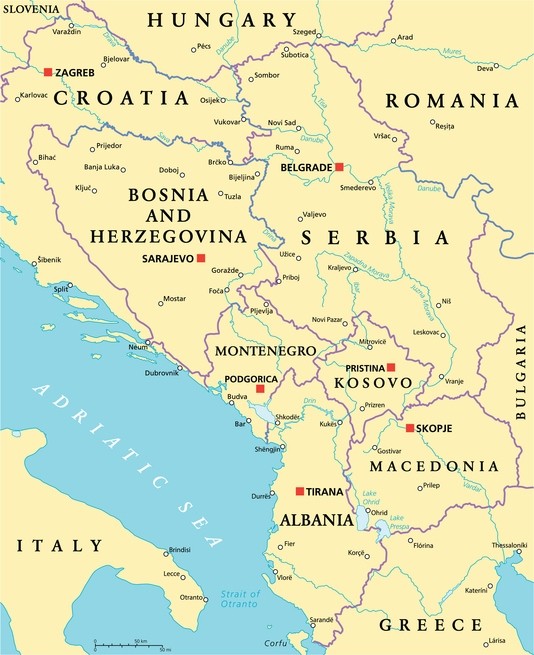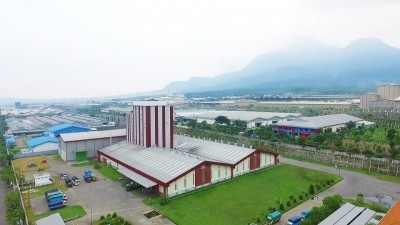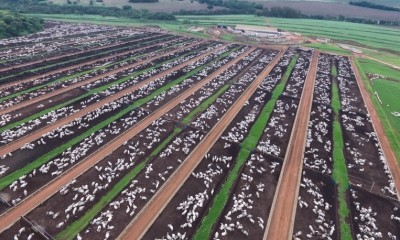Dutch group completes plant extension work in Serbia

The extended manufacturing facility in Sabac, which is located in the north west of Serbia, is now on stream, said the Dutch compound feed manufacturer. It gained the ruminant and monogastric feed plant when it bought Serbian feed maker, Proteinka, in July 2015.
Sabac is a favorable location geographically in respect of both the key livestock farming areas in Serbia and in Bosnia-Herzegovina, Montenegro and Macedonia.
The total volume of the feed market in Serbia, according to Alltech's Global Feed Survey 2017, is around 2,9m metrics tons. Swine production accounts for the biggest percentage of those feed volumes, followed by the dairy segment, then beef production, with the broiler market coming in fourth.
Joost Belt, spokesperson for De Heus, told us last May that the expansion at the Sabac plant would allow the feed facility to reach volume output in the region of 120,000 tons per year to support farmers locally and in neighboring markets.
“We are continuously looking at new business opportunities, not only in Serbia, but also in neighboring countries such as Bosnia-Herzegovina, Montenegro and Macedonia. We have already built successful relationships with farmers there."
Bulk mixtures
De Heus said the recent expansion efforts at the Sabac site means it now includes a bulk station containing an accurate weighing bridge and silo cells for the storage of bulk mixtures. The facility also contains a line for pelleted feed with a significant increase in the pelleting capacity as well as a new automated packing line for finished products.
The company said there is also greater storage capacity, and the modifications allow faster and more efficient loading of vehicles, and optimized delivery of bulk products to farmers.
De Heus said it is planning additional production capacity improvements at the same facility. Next year will see phase two of its strategic development plans.
Back in 2015, the Dutch compound feed producer stressed the Serbian market consisted of, in the main, small farming operations run as family businesses that had a tendency to rely on home mixes, but the expectation was that these type of livestock farmers would expand production and start to professionalize in the coming years.
It anticipated the demand for high-quality mixed feeds to support higher efficiency would increase strongly as a result.
De Heus’ strategy for growth in Serbia involved analysis of all the relevant aspects of a local egg, milk or meat producer’s business in order to offer products tailored to an individual farm’s situation.
It also took measures to improve product quality, focusing on feed reformulation, on the selection and safeguarding of raw materials for that market, on quality assurance, and on fine-tuning the production process, said Belt








